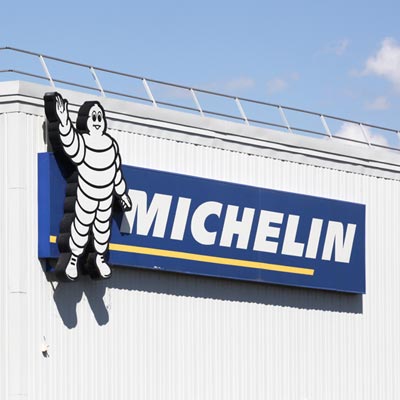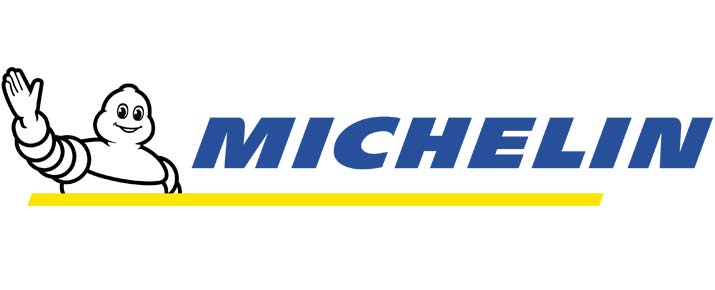What should I know before sell and buy Michelin stock?

The French company Michelin is currently one of the largest manufacturers and sellers of tyres in the world with the brands Michelin, but also BFGoodrich, Kleber, Uniroyal and Taurus.
Its business consists mainly of the sale and distribution of tyres through two approved distribution networks, Euromaster and TCI. A smaller part of its business involves the sale of tires for agricultural and civil engineering vehicles, as well as for two-wheelers and aircraft, and the sale of digital mobility equipment and services (ViaMichelin).
With no less than 68 production sites around the world, Michelin has been able to spread its turnover over the entire globe. The company's main market is France, but it also serves the European market as a whole and the American market.
Nowadays, the Michelin group is specialized in tires all over the world but its activity can be divided into different poles according to the turnover realized and thus of the importance of each sector of production. Here are the details of these poles:
- The sale and distribution of tires represents 78% of sales, with passenger car, sport and light truck tires being the main products.
- Other tires and the Michelin Travel Partner business, which is a gastronomic guide and maps, accounted for 22% of sales. These include tires for two-wheelers, tires for civil engineering equipment, agricultural machinery, aircraft and spacecraft, and mobility aids and services.
Michelin also distributes its tyres through the Euromaster network throughout Europe, but also in Asia with Tire and in the United States with TCI.
The group produces the largest tires in the world with the creation of a giant tire to equip the Caterpillar Dumper in 1970 and then, in 2002, the equipment of the Caterpillar giant dumpers for mining excavation in Australia. These tyres measure more than 4 metres in diameter and the company is also behind the creation of the world's largest agricultural tyres with a diameter of 2.32 metres.
Michelin is also present throughout the world through its subsidiary BFGoodrich, particularly in the aftermarket and the original equipment market for SUVs and 4x4s. The tyres produced by this subsidiary are classified as second line products, i.e. just below the products of the six major brands in terms of price on this market. Currently, the BFGoodrich subsidiary is the number three tire manufacturer in the United States and ranks fourth in the European 4x4 tire market. Indeed, this type of tire is the brand's specialty.
With annual production exceeding 166 million tires in 2015 and the publication of 16.5 million maps and guides, Michelin generates nearly 40% of its sales in Europe and over 36% in North America. The rest is generated in the rest of the world. The group currently has 68 production sites in 17 different countries.
In the past, and in particular during the 19th century, Michelin exploited the mastery of rubber by vulcanization to file a patent for a tire with an incorporated inner tube in 1930.
During the 1930s, Michelin also made a name for itself in the railway sector with the production of railcars on tyres under the name "Micheline". This term is nowadays the most common one to designate French railcars.
It is still possible to see Michelin signs made of enamelled lava on a reinforced concrete support, produced between 1910 and 1971, along the roadsides of France.
Photo credits: ©ricochet64/123RF.COM










